Burundi has officially announced the export of hundreds of tons of minerals to China, a move President Evariste Ndayishimiye says will help the nation earn much-needed foreign currency and support its fragile economy.
The shipment, which includes 156 tons of amethyst and 104 tons of green quartz ore, was flagged off earlier this week by President Ndayishimiye in a ceremony he described as a “historic milestone” for the country’s mining sector.
According to officials, the minerals—extracted from the former provinces of Bururi, Kirundo, and Bubanza—filled a total of ten containers, with six carrying amethyst and four containing quartz.
“This is our first official export of minerals,” President Ndayishimiye told journalists. “Through these exports, we will earn foreign currency to buy the goods we do not produce locally and to purchase machines that can help us manufacture products here in Burundi.”
The president emphasized that the export marks the beginning of a transparent and accountable phase in the country’s mineral trade, following years of allegations of corruption and smuggling.
The announcement comes as Burundi continues to grapple with severe economic challenges, including chronic fuel shortages, inflation, and a persistent scarcity of foreign currency. These issues have driven up the cost of living and weakened citizens’ purchasing power over the past five years.
Authorities have long pointed to the mining sector as a potential engine for economic recovery. However, doubts remain about whether the benefits of mineral wealth will reach the broader population.
Transparency Questions Persist
Concerns over transparency in Burundi’s mining industry have been a recurring theme. In December 2024, the government granted a mining permit to SOTREVO Mining Company Limited for cassiterite, coltan, and other minerals in Murehe, Busoni commune (Kirundo).
The deal raised eyebrows after critics claimed they found no trace of the company’s background or operations online. According to the agreement, the state is entitled to 20% of total earnings, while SOTREVO retains 80%—a split that sparked public debate and accusations of opaque dealings.
In April 2025, President Ndayishimiye publicly criticized private mining operators for hoarding profits abroad and depriving the national treasury of revenue.
“You extract minerals here, yet our treasury remains empty,” he lamented. “Some companies deceive us, pretending to mine while secretly hiding resources. We will withdraw permits from anyone who cannot show tangible results.”
He vowed to end corruption in the sector, asserting that the recent shipment was carried out “transparently, without theft or bribery.”
Opposition Questions Smuggling and Revenue Gaps
Speaking on Radio Isanganiro on Wednesday, Olivier Nkurunziza, chairman of the opposition party UPRONA, welcomed the president’s initiative but raised concerns over the fate of other high-value minerals such as gold and coltan, which he claimed continue to be smuggled out of the country.
“We appreciate this transparent step, but we still wonder what happens to gold and coltan,” Nkurunziza said. “Some of these minerals are smuggled out of the country—sometimes in handbags.”
He also questioned why the government’s annual projections of billions in mineral revenues often fail to appear in the national treasury.
“Mineral wealth should serve the people,” Nkurunziza continued. “If properly managed, it can finance fuel imports, essential goods, and national development—not just enrich a few individuals.”
President Ndayishimiye concluded his remarks with a pledge to sustain mineral exports and expand to other resources.
“This is just the beginning,” he said. “We will continue exporting amethyst, quartz, and soon other minerals such as coltan and cassiterite.”

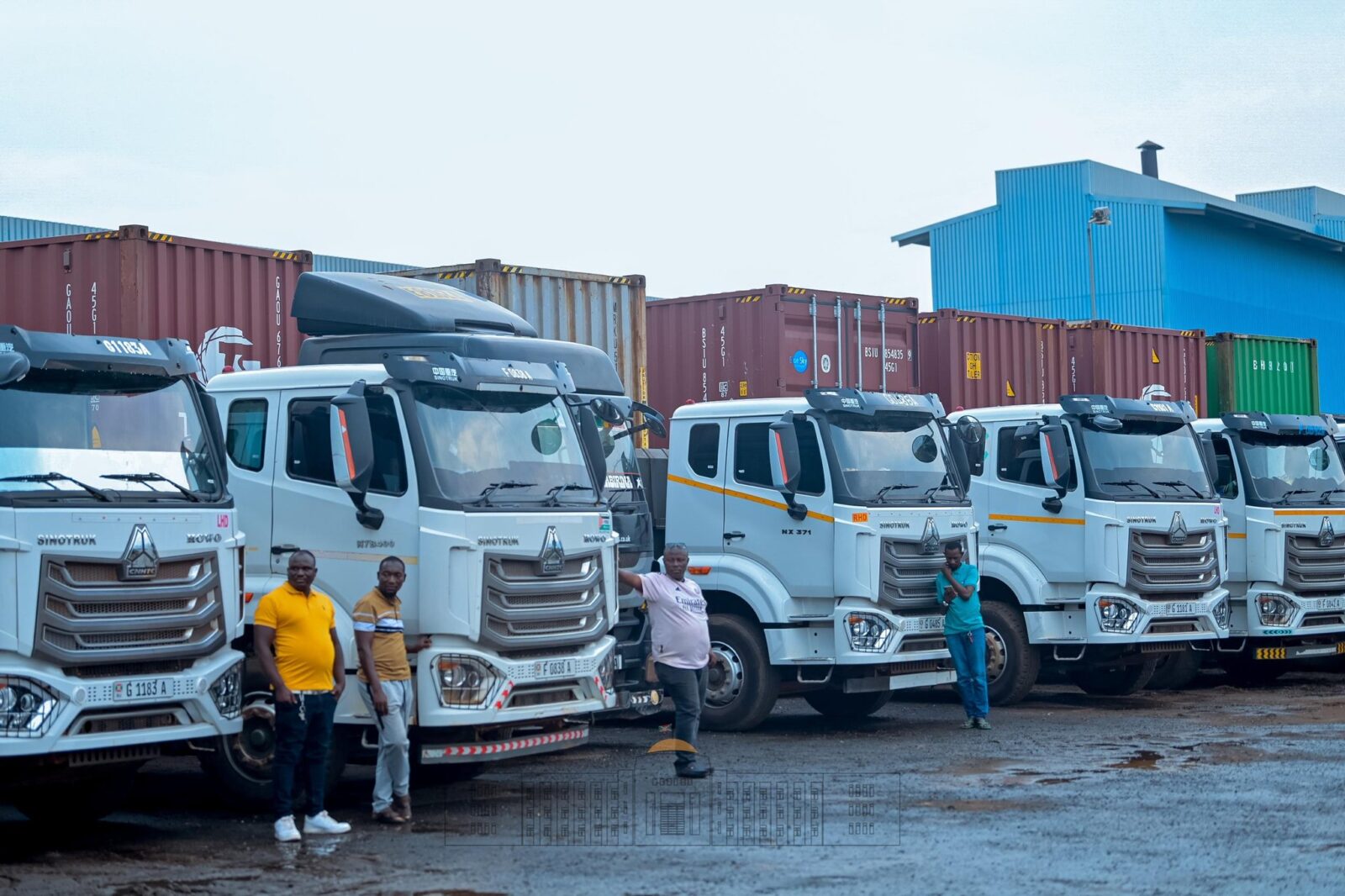
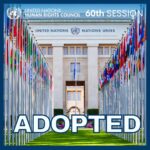
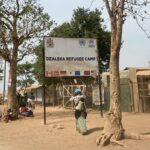
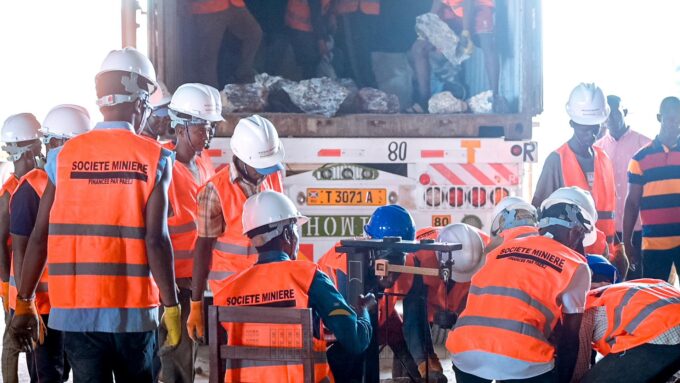
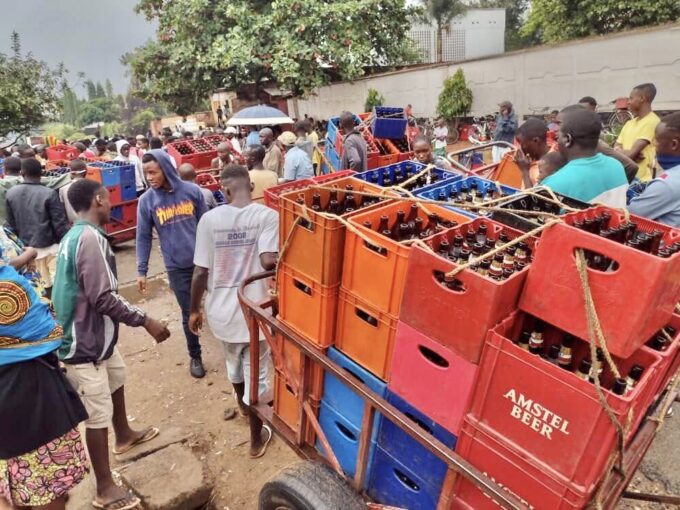
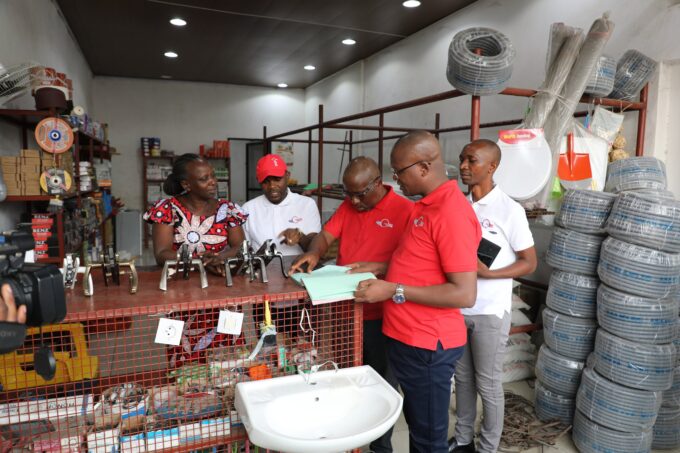
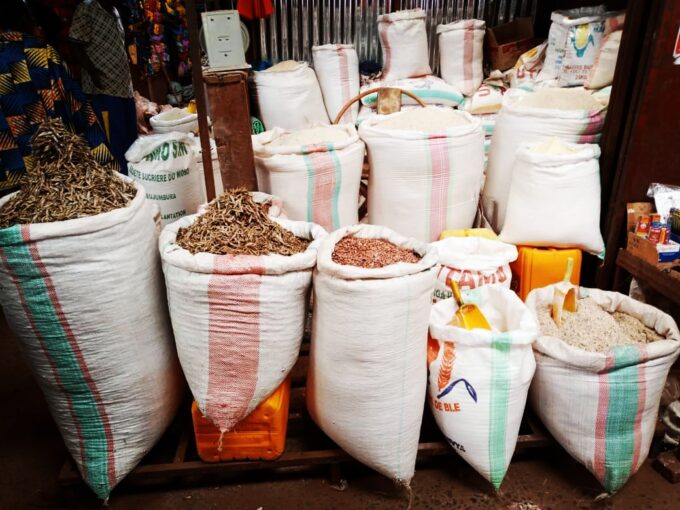
Leave a comment